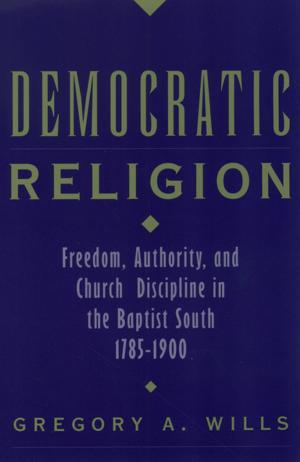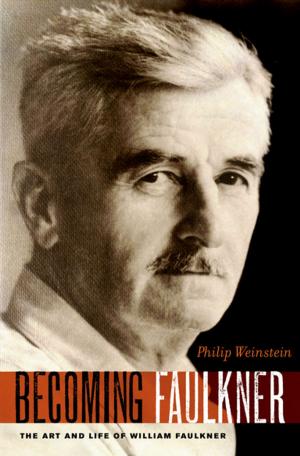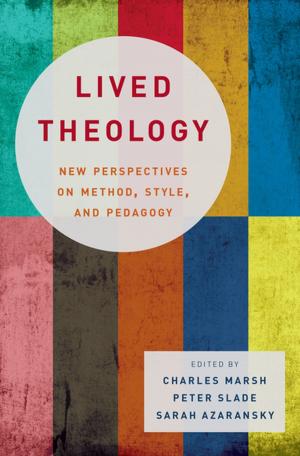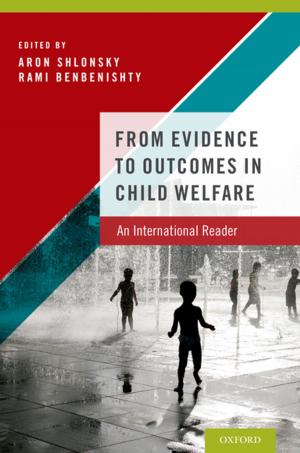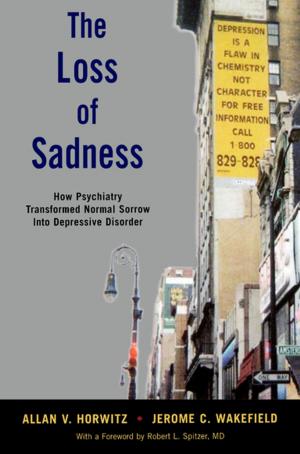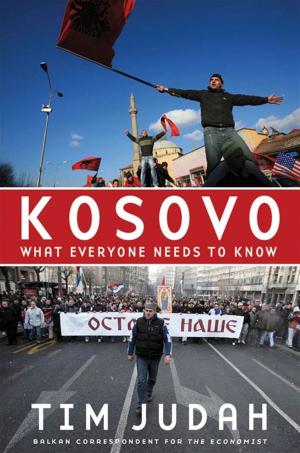Cheiron's Way
Youthful Education in Homer and Tragedy
Fiction & Literature, Literary Theory & Criticism, Drama History & Criticism, Nonfiction, Entertainment, Drama, Greek & Roman, Poetry History & Criticism| Author: | Justina Gregory | ISBN: | 9780190857905 |
| Publisher: | Oxford University Press | Publication: | November 7, 2018 |
| Imprint: | Oxford University Press | Language: | English |
| Author: | Justina Gregory |
| ISBN: | 9780190857905 |
| Publisher: | Oxford University Press |
| Publication: | November 7, 2018 |
| Imprint: | Oxford University Press |
| Language: | English |
This book studies the social and ethical formation of youthful figures in Homer, Sophocles, and Euripides. Every fictional character comes with a past attached, a presumed personal history that is both implicit and explicit; for the youthful heroes and heroines of epic and tragedy, early education figures significantly in that past. Cheiron's Way takes as its point of departure the words of Homer's Phoenix to Achilles, who claims, "I made you the man you are" as he pleads with his former pupil to let go of his anger. The book begins by exploring topics relevant to heroic and tragic education: age classes, rites of passage, verbal modes of instruction, social conditioning, mentoring, peer role models, and the controversial balance between nature and nurture. It introduces the first teacher in the Greek tradition, Cheiron the centaur, who founded a school for young heroes in his Thessalian cave and instructed Achilles, Jason, and others with mixed success. Next it turns to the Iliadic Achilles, who achieves maturity by way of successive crises-a crisis of disillusionment with the assumptions that shaped his heroic education, followed by a crisis of empathy for his adversary-and who becomes an influential prototype for tragedy. Examination of the Odyssey suggests that while Odysseus received a normative heroic upbringing and Nausicaa internalizes social expectations for young women, Telemachus is more of an outlier. In tragic representations of education Sophocles' Ajax and Neoptolemus replicate the Achillean pattern only partially and unsuccessfully, as does Euripides' Hippolytus; only Achilles and Iphigenia in Euripides' Iphigenia in Aulis achieve an emotional maturity commensurate with the Iliadic Achilles'. Yet all these texts confirm, as elegantly argued in this book, the perennial lure, despite uncertain results, of the educational enterprise for communities, students, and teachers.
This book studies the social and ethical formation of youthful figures in Homer, Sophocles, and Euripides. Every fictional character comes with a past attached, a presumed personal history that is both implicit and explicit; for the youthful heroes and heroines of epic and tragedy, early education figures significantly in that past. Cheiron's Way takes as its point of departure the words of Homer's Phoenix to Achilles, who claims, "I made you the man you are" as he pleads with his former pupil to let go of his anger. The book begins by exploring topics relevant to heroic and tragic education: age classes, rites of passage, verbal modes of instruction, social conditioning, mentoring, peer role models, and the controversial balance between nature and nurture. It introduces the first teacher in the Greek tradition, Cheiron the centaur, who founded a school for young heroes in his Thessalian cave and instructed Achilles, Jason, and others with mixed success. Next it turns to the Iliadic Achilles, who achieves maturity by way of successive crises-a crisis of disillusionment with the assumptions that shaped his heroic education, followed by a crisis of empathy for his adversary-and who becomes an influential prototype for tragedy. Examination of the Odyssey suggests that while Odysseus received a normative heroic upbringing and Nausicaa internalizes social expectations for young women, Telemachus is more of an outlier. In tragic representations of education Sophocles' Ajax and Neoptolemus replicate the Achillean pattern only partially and unsuccessfully, as does Euripides' Hippolytus; only Achilles and Iphigenia in Euripides' Iphigenia in Aulis achieve an emotional maturity commensurate with the Iliadic Achilles'. Yet all these texts confirm, as elegantly argued in this book, the perennial lure, despite uncertain results, of the educational enterprise for communities, students, and teachers.



